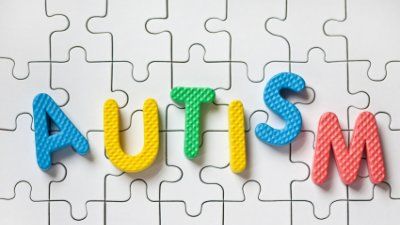Three UCSF Scientists Receive Funding for Psoriasis Research
Three UCSF researchers are among 13 scientists who received a total of $1.05 million in funding from the National Psoriasis Foundation for projects that aim to identify new treatments and a cure for psoriasis.




